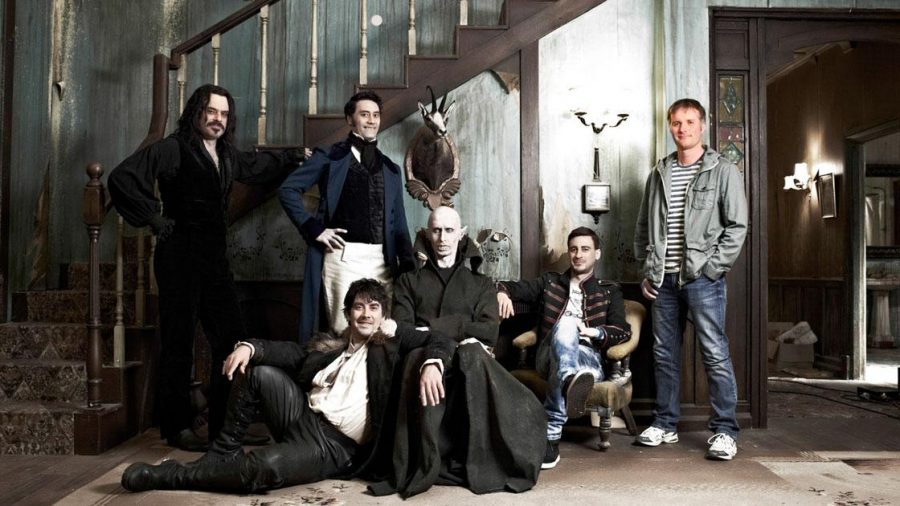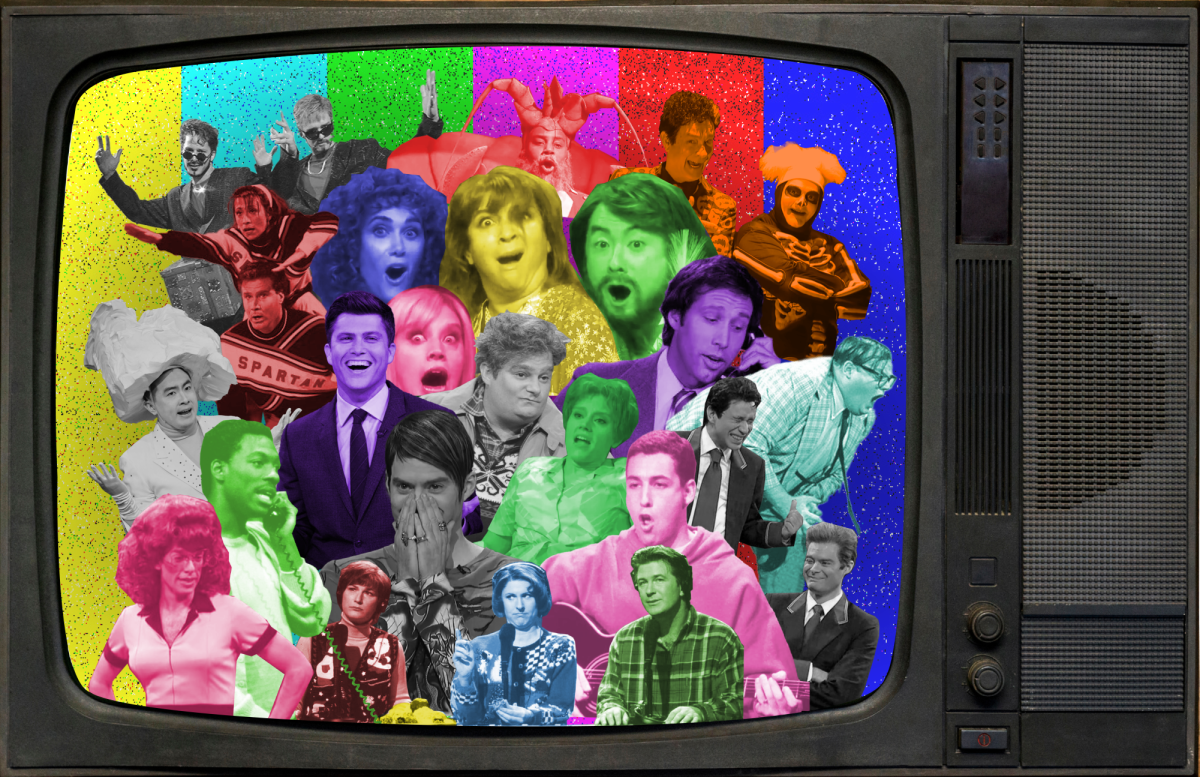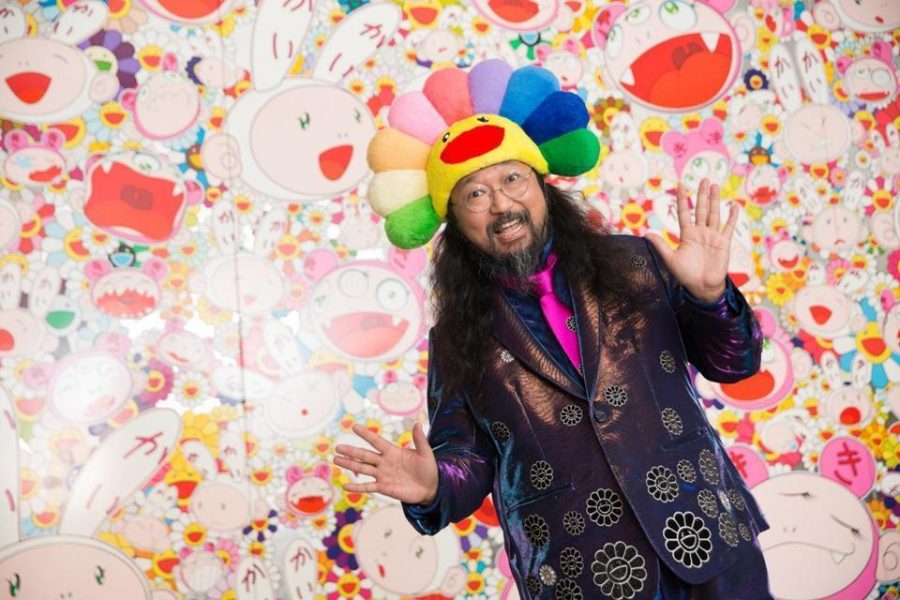A review of ‘Sherlock’ season 3
By Helen Li
Staff Writer
Heart-wrenching, addicting, and downright compelling are only a few of the adjectives I would use to describe season 3 of Sherlock. If you have been disenchanted by the show as a result of the intense fervor that consists of its fan base—I beg you to reconsider. This show will have you binge-watching Netflix. If you haven’t watched it, I warn you now that spoilers will be in this review.
Season 2 ended on a gripping cliffhanger that left us all in a whirl. Is Sherlock alive? Why did he do it? Why did Moriarty go to such extremes? As we were left to our devices to consider the already intricate and complex dynamic that composes the main character, the plot suddenly turned in a direction none of us expected: Sherlock’s death.
We rationalized that the writers of the show couldn’t possibly have killed him—he’s the main character after all—but the real question remained unanswered. How? Season 3 answers this, though not directly, nor immediately. Season 3 further enables us to understand the multifaceted character of Sherlock who we go from hating for his socially gauche eccentricities to finding his small attempts of showing affection incomprehensibly endearing.
Despite the progress we see in Sherlock’s emotional and social graces in seasons 1 and 2, Sherlock appears to have regressed by season 3. He is less inclined to be emotionally connected with others, and can be clearly seen through his deliberate distance with John. While they continue to share the same bond nonetheless, the experience he faced while away has definitely affected him significantly.
During this time, we also discover that John now has a fiancé: Mary Morstan. Pleasantly enough, the introduction of a female character to this bromance has not disrupted John and Sherlock’s relationship, and has instead enhanced it. Sherlock is soon faced with what he considers one of the biggest challenges of his life: delivering a best man speech. Filled with humor, wit, suspense, and sincerity, Sherlock’s speech will have you an emotional mess by the end.
This episode, cleverly titled “The Sign of Three,” ambiguously gave a significant clue to the development in their lives through the revelation of Mary’s pregnancy—unknown to even herself or John. Mary also becomes an entity of interest that soon has us tugging at our hair to determine whether her true nature lies in authenticity or maliciousness.
The season moves forward to introduce the character of Charles Augustus Magnussen, a person of a conniving and despicable quality that Sherlock claims he truly hates. In a series of deceptive and confrontational acts, the plot intricately ties the relationship of Magnussen to Mycroft. Sherlock soon finds himself in a compromising situation in which, despite his self-proclaimed hyper-observant sociopathic tendencies that never fail him, he acts selflessly in order to protect the lives of those he cares about.
Sherlock is then condemned to work on a mission with a high mortality rate, but at the very last second is recalled due to the return of the supposedly dead Moriarty. The writers of Sherlock certainly know how to pander to the diverse and fickle emotions of the human heart. Season 4 will, without a doubt, be just as mentally engaging and entertaining as the last.
















